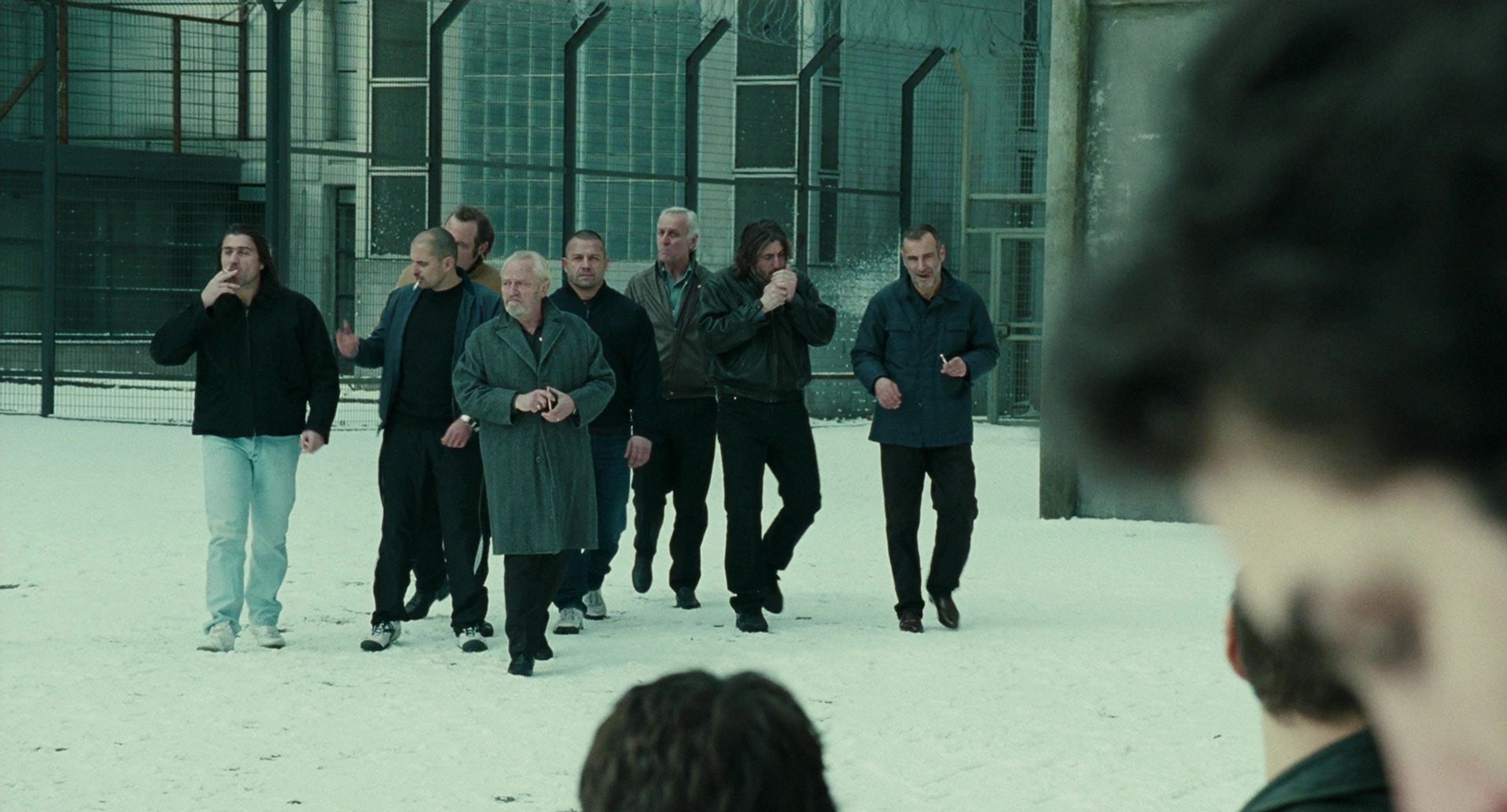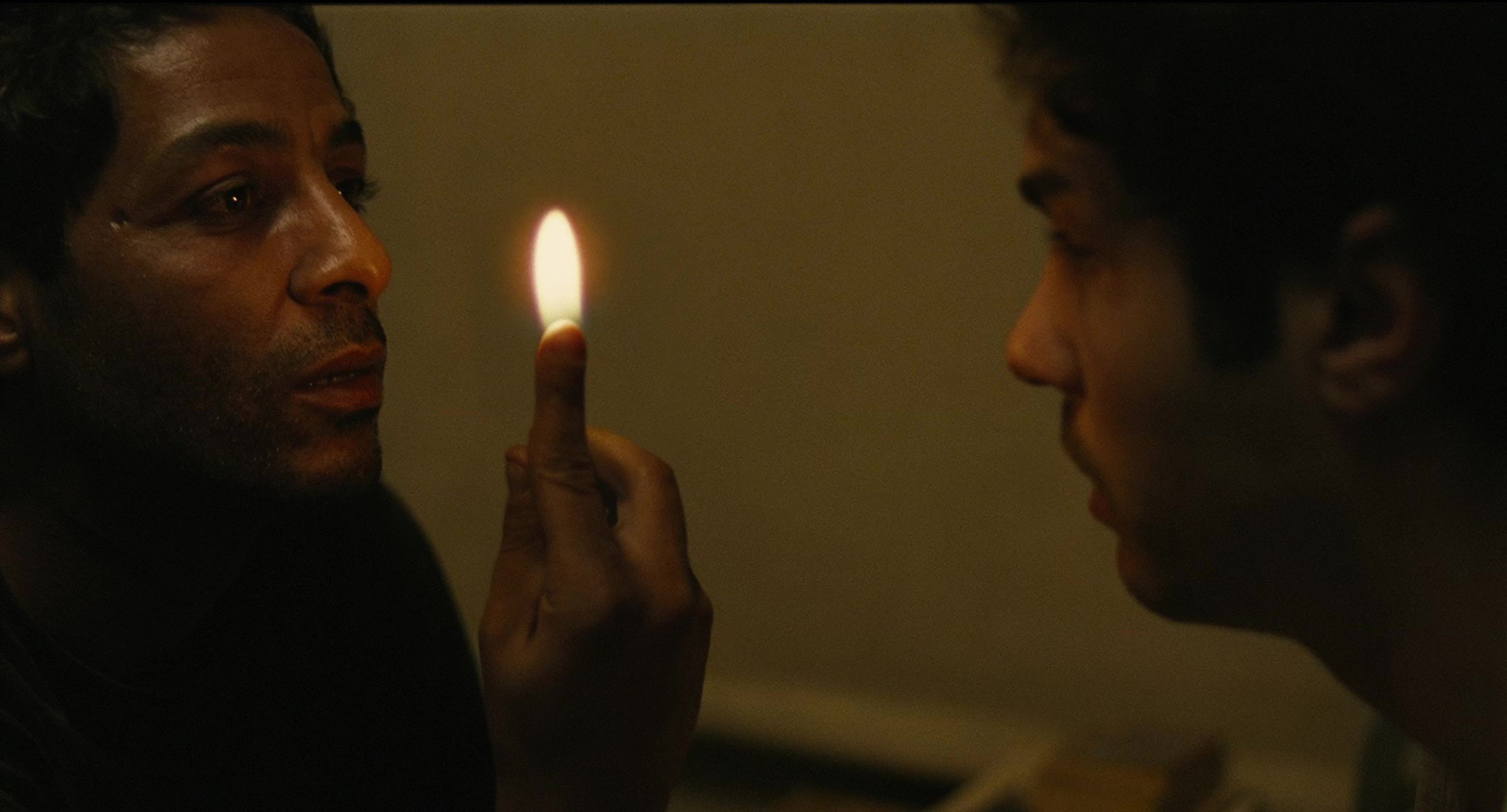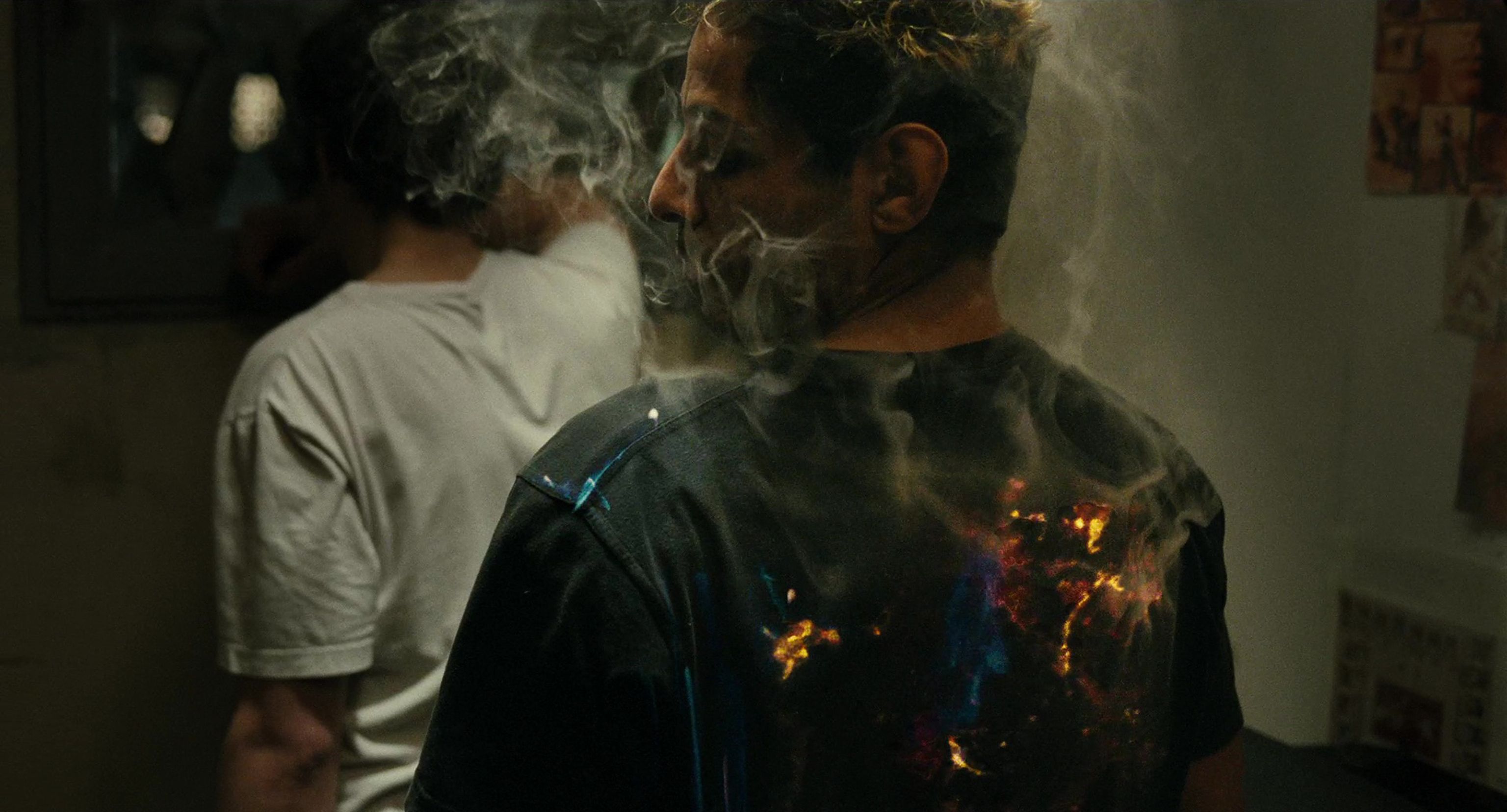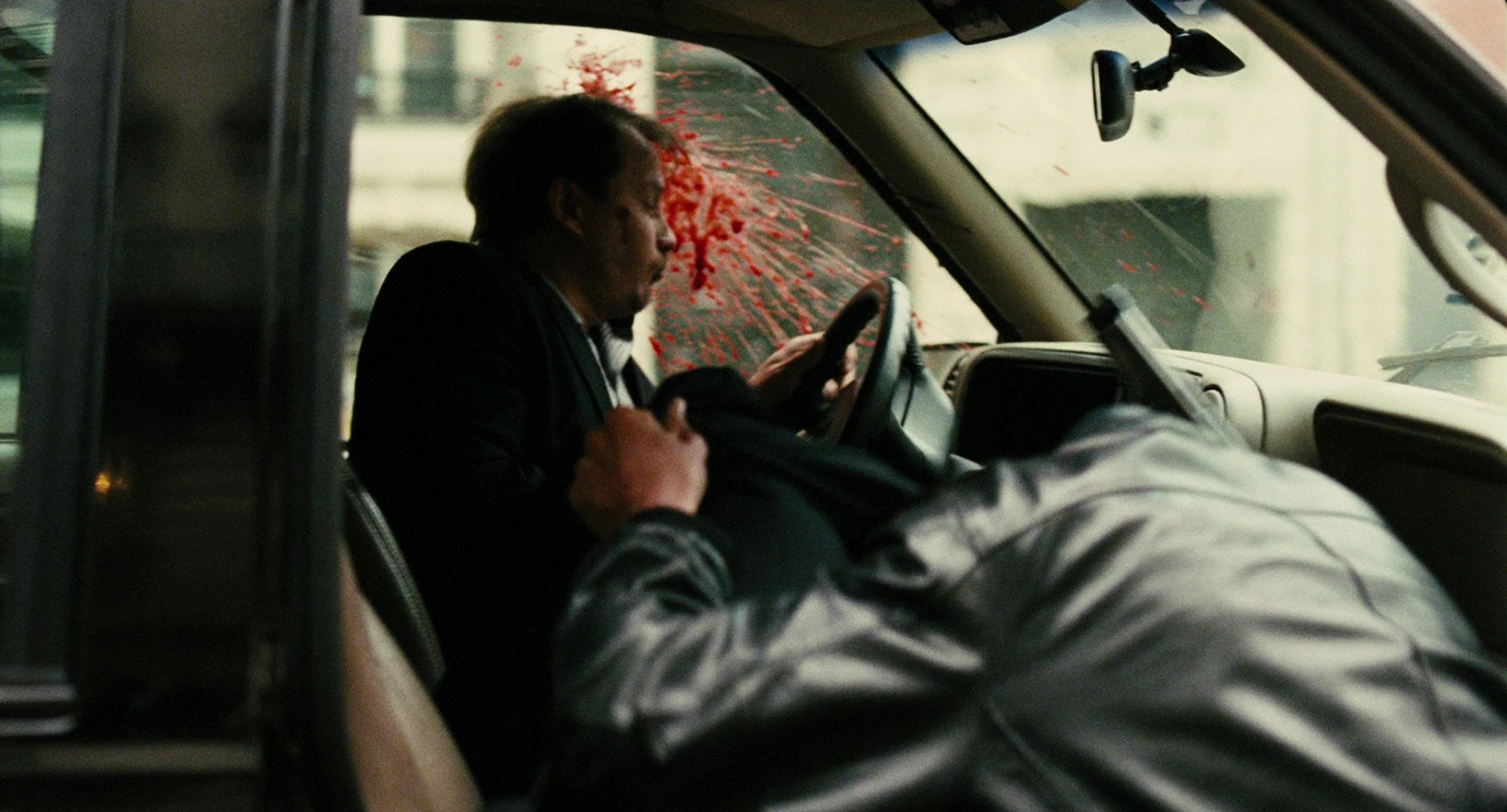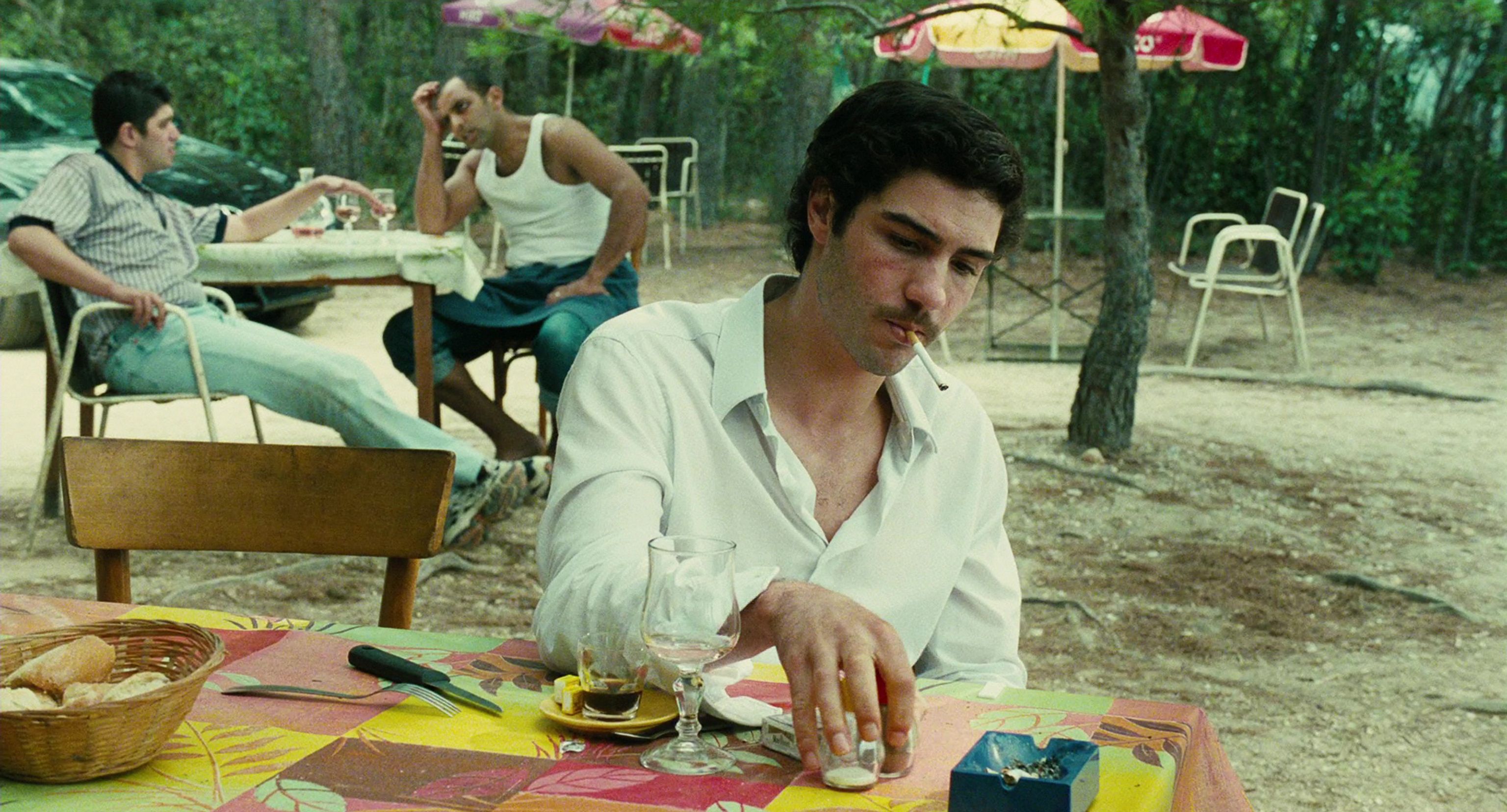Jacques Audiard
Un prophète
- DirectorJacques Audiard
SALOMON LIGTHELM What grips me here is the way Malik learns to survive, adapt, and eventually dominate. It’s not a clean hero’s arc - it’s survival carved out of brutality. As a storyteller, I’m drawn to these spaces where morality isn’t fixed, where every choice costs something. It's also such a beautiful balance between social and magical realism - something that Audiard does better than anyone else.
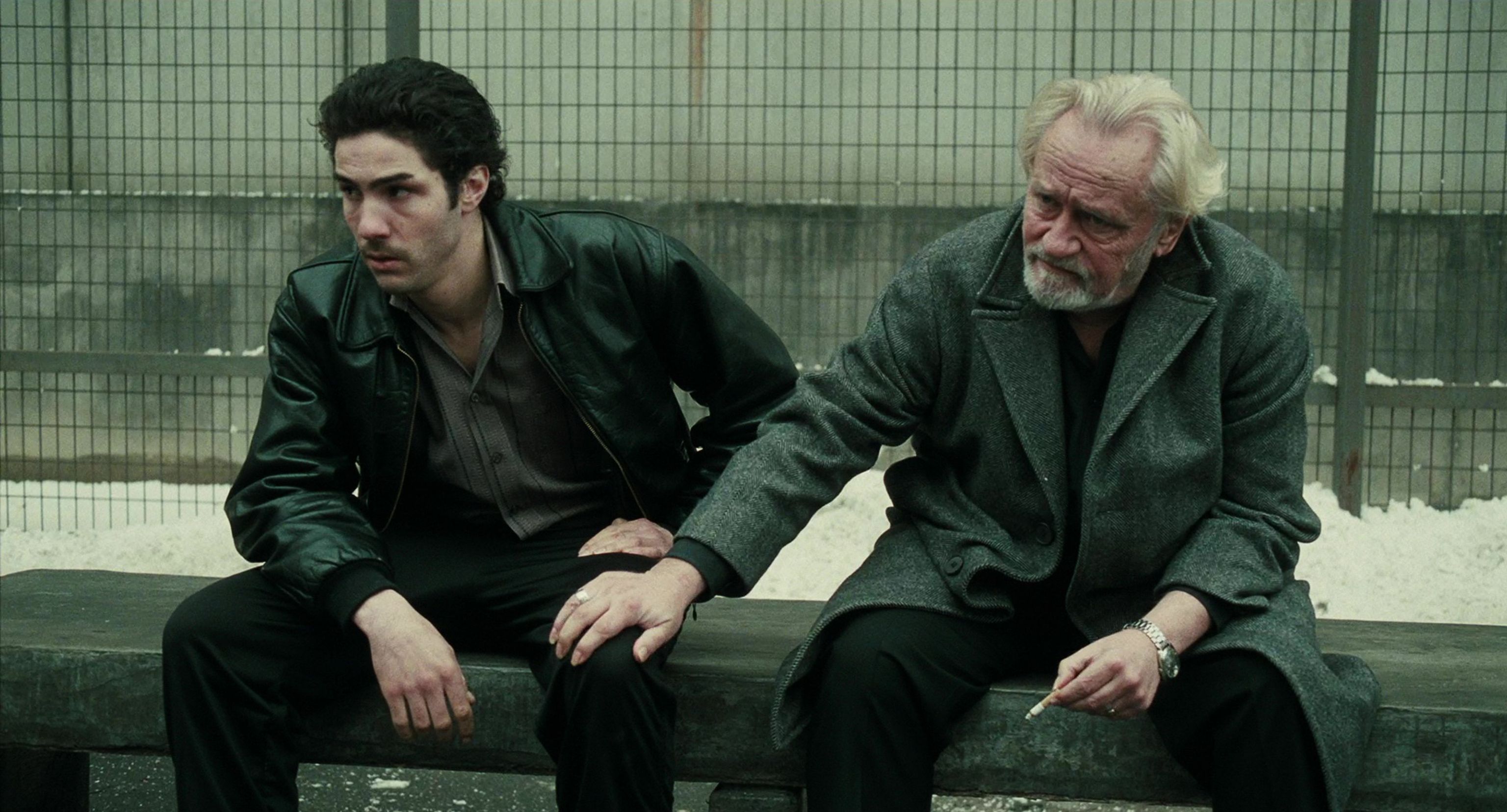
The Story Behind
When Jacques Audiard released Un prophète in 2009, it arrived as both a prison drama and a prophecy of France’s shifting social landscape. The film tells the story of Malik El Djebena, a 19-year-old of North African descent who enters prison as an illiterate petty criminal and, over the course of six years, learns to read, to fight, and to survive - emerging as a new kind of leader.
Audiard and co-writer Thomas Bidegain conceived the film not simply as a crime saga but as an allegory of modern France: a country defined by migration, cultural friction, and the search for belonging. The project took years of research, drawing on real accounts of prison life, the power struggles between Corsican inmates and North African groups, and the way institutions can shape (or warp) an individual.
The casting of Tahar Rahim, then almost unknown, was crucial. His performance embodies Malik’s transformation from vulnerable outsider to strategic operator. Audiard avoids cliché: Malik is not a gangster hero in the Hollywood sense but an accidental prophet, a man who learns to read both books and people, and to navigate systems of power.
The Legacy
The film’s title - Un prophète - is deliberately ambiguous. Is Malik truly prophetic, or is the prophecy the story of a society remade by those once excluded from its center? Audiard leaves the answer open, giving the narrative a mythic dimension while grounding it in the grit of everyday survival.
Premiering at Cannes, Un prophète won the Grand Prix and went on to receive international acclaim, including an Academy Award nomination. More than a prison film, it became a mirror for contemporary France, reflecting questions of identity, integration, and the cost of ambition in a fractured world.
